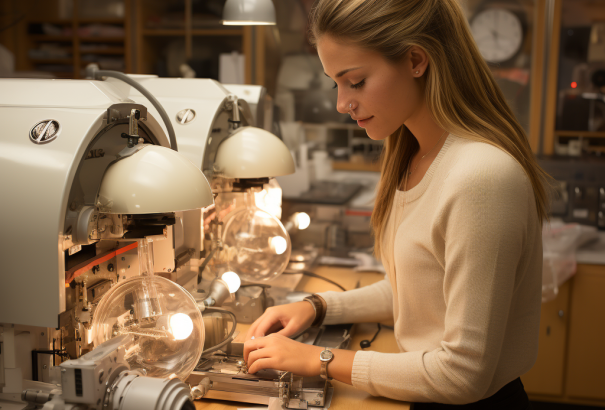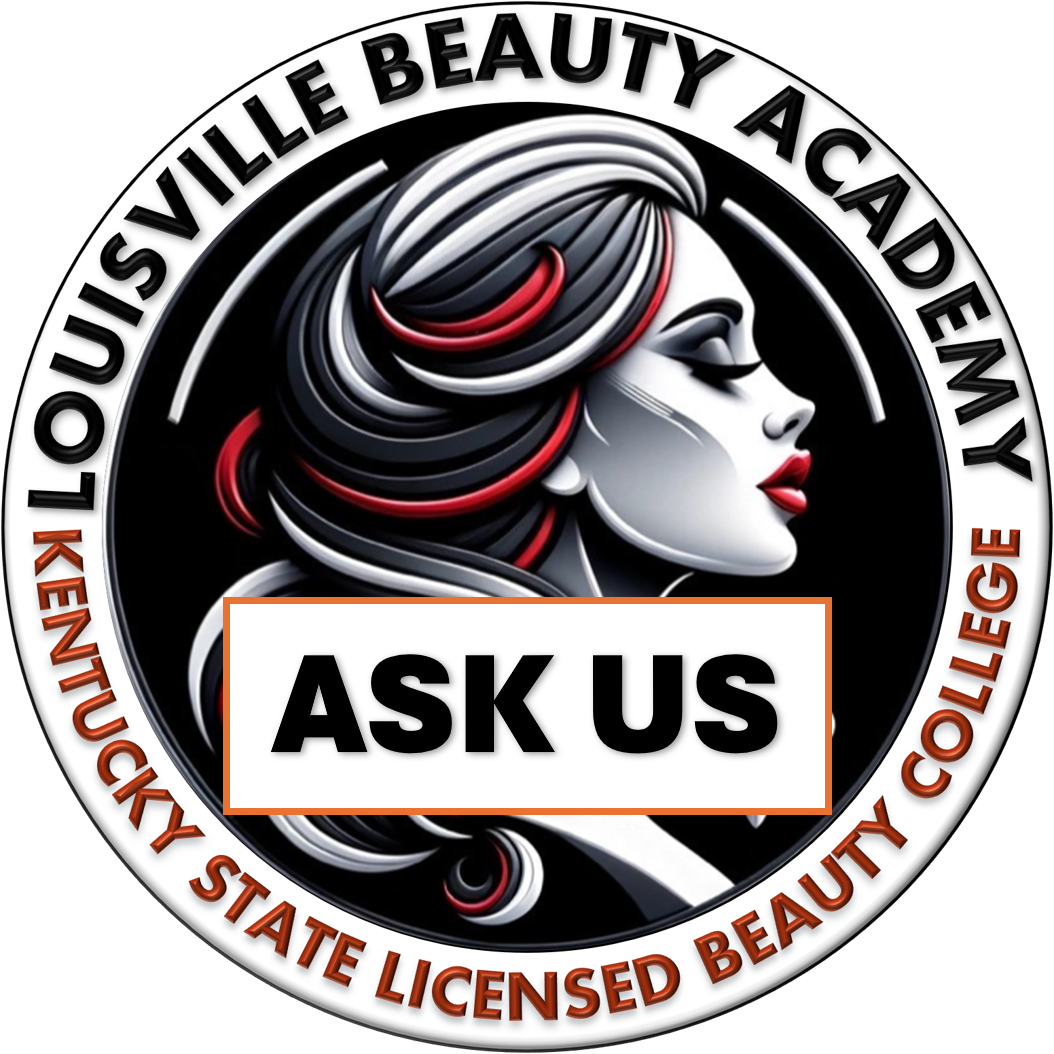At the heart of the beauty industry lies not just the transformative power of aesthetics but an equally crucial focus on client safety, regulatory adherence, and meticulous documentation. Louisville Beauty Academy, one of the leading institutions, especially for new Americans grappling with English as a second or even third language, has cemented its reputation by emphasizing this holistic approach. The academy ensures that each student, regardless of their language background, is not just artistically skilled but thoroughly prepared to maintain industry-leading standards.
Client Consultation and Documentation:
Before the touch of any beauty tool, comes the profound responsibility of understanding a client’s unique needs and potential sensitivities. At Louisville Beauty Academy:
- Comprehensive training is provided to assess client allergies and sensitivities meticulously.
- Students learn the significance of maintaining detailed client records, ensuring that every subsequent visit builds upon prior knowledge.
Emergency Procedures:
Real-world challenges require real-world solutions. The academy instills in its students the importance of:
- Accessibility to a well-equipped first aid kit.
- Mastery over basic first aid procedures, ensuring prompt and effective response in emergencies.
- Developing and adhering to fire safety measures and evacuation plans, emphasizing the safety of both clients and professionals.
Regulatory Compliance:
The world of beauty is as much about regulatory compliance as it is about technique. Students are guided to:
- Stay constantly updated with state board regulations.
- Understand the importance of visibly posting licenses and the pride in showcasing inspection certifications.
Salon Cleanliness:
Cleanliness is not just next to godliness in beauty; it’s paramount. The academy focuses on:
- Regular cleaning schedules, ensuring every inch of the floor, surface, and restroom gleams with hygiene.
- Training students to prevent cross-contamination, ensuring each client experiences a pristine environment.
Water Safety:
Water treatments are an indulgence, but without the right safety measures, they can become a concern. The academy emphasizes:
- Ensuring all water sources adhere to the highest cleanliness standards.
- Proper disinfection protocols for footbaths and spa chairs, transforming every spa experience into a safe haven.
Pedicure and Manicure Safety:
The academy leaves no stone unturned, especially when it comes to the popular services of pedicures and manicures:
- Students learn the critical steps to prevent fungal and bacterial infections.
- They are also trained to recognize and, for the safety of all, decline services to clients exhibiting infectious conditions.
Employee Training:
The learning at Louisville Beauty Academy doesn’t end at graduation. The institution emphasizes:
- Regular updates on sanitation and safety procedures, ensuring each professional remains at the forefront of industry standards.
- Cultivating a culture that encourages continued education and growth.
Conclusion:
Louisville Beauty Academy stands as a beacon of excellence, particularly for new Americans who might find English challenging. By emphasizing rigorous standards of safety, hygiene, and professionalism, the academy ensures that every graduate is not just a beauty professional but a guardian of industry-leading standards. Here, beauty intertwines seamlessly with responsibility.
Disclaimer: The information provided in this article is for informational purposes only. It is crucial for individuals and professionals to consult and adhere to the state board regulations and stay updated with the most recent laws and regulations in their respective states. Always prioritize compliance with the latest local guidelines and standards.







